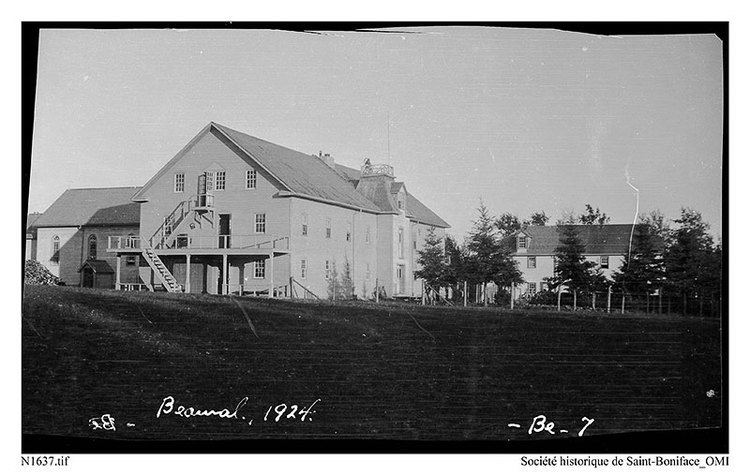Tk̓emlúps te Secwépemc and Catholic Church Arms in Vancouver and Kamloops Agree on Residential School Acknowledgment.
Tk̓emlúps te Secwépemc and the Vancouver and Kamloops branches of the Catholic Church have jointly disclosed the details of a recently signed document. This agreement formally acknowledges the historical record of harm caused by residential schools and recognizes the church’s role in these injustices.
During an Easter Sunday ceremony, representatives from the Roman Catholic Archdiocese of Vancouver, Diocese of Kamloops, and Tk̓emlúps te Secwépemc gathered to sign a Sacred Covenant. This document outlines their collaborative commitment to pursuing reconciliation.
Tk̓emlúps te Secwépemc Kúkpi7 Rosanne Casimir emphasized the significance of this step forward during a news conference on Wednesday, stating, “The signing of this sacred covenant is a positive stride. We must rebuild relationships at every level and walk this journey together.”
Archbishop J. Michael Miller expressed the church’s dedication to partnering with Tk̓emlúps te Secwépemc in their journey toward healing.
The core of the Sacred Covenant consists of agreed-upon truths concerning the institution’s history.
The covenant states:
“The Catholic Church now recognizes that the consequences of Indian Residential Schools were profoundly negative and have had a lasting and damaging effect on Aboriginal culture, heritage, and language. While some former students have spoken positively about their experience at the Kamloops Indian Residential School, these stories are overshadowed by tragic accounts of the emotional, physical, and sexual abuse and neglect of helpless children, and their separation from their families and communities, including Secwepemc, Sylix, Nlaka’pamux, and St’át’imc Nations.”
Furthermore, it affirms that irrespective of future revelations, the Catholic parties acknowledge that the separation of children from their families was detrimental and contravenes Catholic social teaching.
The covenant also includes a commitment from both parties to undertake additional measures to honor these truths and advance reconciliation. This includes establishing memorials for children who were compelled to attend residential schools, providing mental health support, and collaborating on the ongoing investigation into the institution’s history.
These developments follow Tk’emlúps te Secwépemc First Nation’s disclosure that initial findings from a ground-penetrating radar survey identified approximately 200 potential burial sites on the grounds of the former Kamloops Indian Residential School in May 2021.
Residential schools were frequently underfunded and overcrowded, with poor educational standards according to the National Commission for Truth and Reconciliation (NCTR).
The NCTR reports that children forced into residential schools were punished for using their native languages and engaging in cultural practices. Many experienced verbal, physical, and sexual abuse from staff and other students.
The Kamloops Indian Residential School operated from 1890 until 1969, when the federal government assumed administration from the Catholic Church to convert it into a day school until its closure in 1978.



